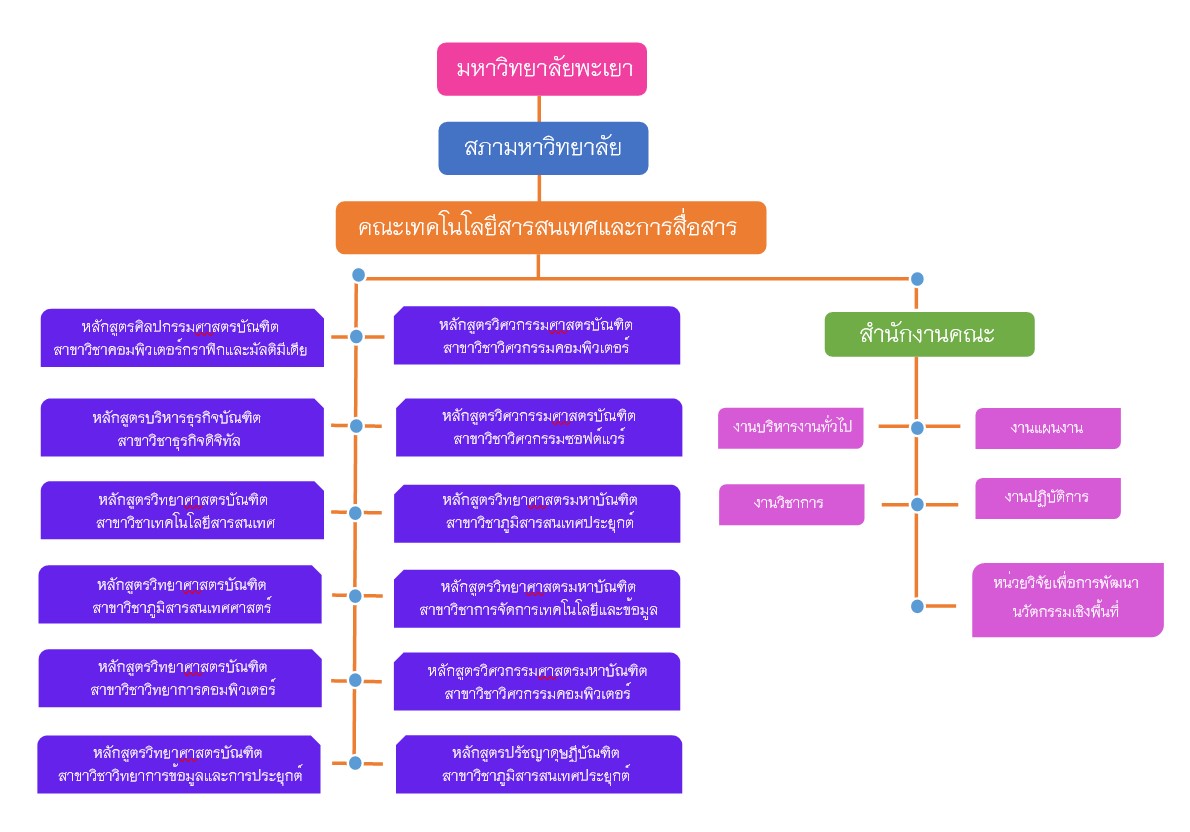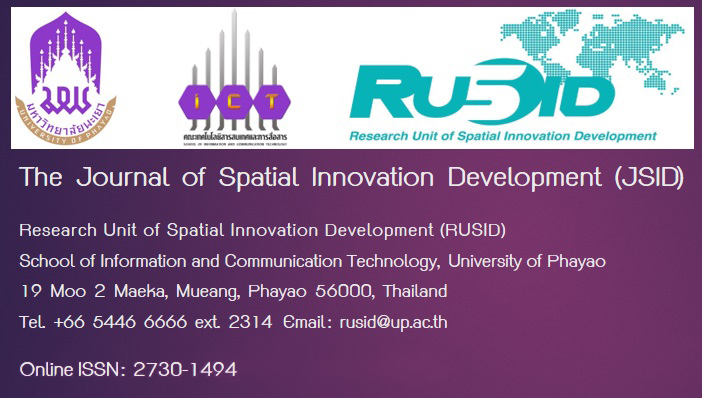Analysis of Enterprise Architecture for School of Information and Communication Technology University of Phayao
Keywords:
Architecture, Surat Thani Province, University of PhayaoAbstract
The objectives of this research are 1) to present an approach to analyzing the Enterprise Architecture (EA) as a guideline for considering changes in the work within the organization. efficiently the sample used In this research are support personnel within the Faculty of Information and Communication Technology. University of Phayao number 21 people from the study found that Faculty of Information and Communication Technology Support Personnel are satisfied with the use work system program (Application) used in the work of the University of Phayao and system programs used to operate within the Faculty of Information and Communication Technology. when classified by system program It was found that the program of plan management and financial budgeting system was satisfactory at the highest level. with an average of 4.55, followed by Personnel Management System Program and Educational Service System Program have the same level of satisfaction with an average of 4.0 and the management system program have a high level of satisfaction with an average of 3.73, respectively.
References
ธนชาติ นุ่มนนท์. (2556). Enterprise Architecture. สืบค้นจาก http://thanachart.org/2013/02/06/enterprise-architecture.
CIO Council. (2001). A Practical Guide to Federal Enterprise Architecture. Officer Council, 1-3.
Graeme, S., Marianne, G., & Ida, A. (2018). Achieving benefits with enterprise architecture. The Journal of
Strategic Information Systems, 27, 1-2.
Martin, B., Raymond, S., & Marlies, S. (2019). How enterprise architecture improves the quality of
IT investment decisions. Journal of Systems and Software, 152, 134-150.
Supasak, C., & Paireekreng, W. (2021). ปัจจัยที่มีอิทธิพลต่อความสำเร็จในการนำสถาปัตยกรรมองค์กรไปใช้สำหรับองค์กรภาครัฐ. NBTC Journal, 5(5), 357-376.
TOGAF 9. (2009). TOGAF 9 For Pratitioners (Level 1&2) Supporting Materials. The Open Group Architecture Framework, 10-11.





